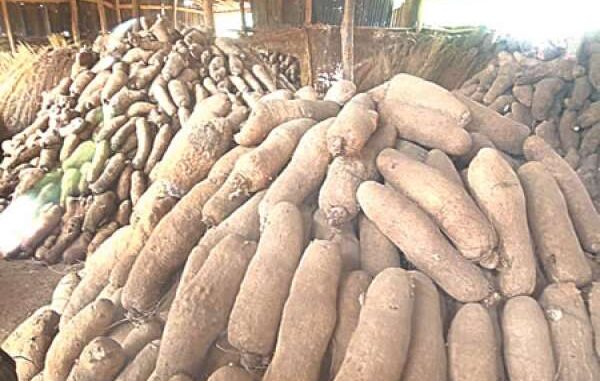
Professor Abiodun Salawu of the North-West University, South Africa, has described food blockade against the South from the North as an effort that was doomed to fail.
The don told the Tribune Online on Friday that reports of northerners of Hausa-Fulani stock preventing food-bearing vehicles from crossing to the south were shocking and funny at the same time.
“Not all the foodstuffs they are blocking from reaching the South are from the Hausa-Fulani enclave (North-West and North-East). A lot of the foodstuffs are from the middle belt axis and these people are not involved in the madness going on.
“The Hausa-Fulani people will be the losers in this whole game of food blockade. It is their business that will suffer. The South can make do with what they have. In any case, it will even make the South look more inward and improvise. This is a battle they cannot win.
“And, it’s like they don’t understand the issues. The South is complaining about Fulani herdsmen destroying their farms and engaging in other nefarious activities like kidnapping, raping and killing. Instead of their leaders to call these marauders to order, they are spewing out nonsense. The South has always been accommodating but cannot continue to tolerate the madness of these people.
“I really don’t understand their thinking. A governor was even supporting them carrying AK 47 in shepherding their cows. Who gave them the licence to carry guns. The same governor and some of the Fulani leaders were saying that all Fulani people, irrespective of their country of origin, have a claim to Nigeria. I really don’t understand how they think or whether they understand anything about nation-states.
There are Yoruba people in the Republic of Benin and Togo but we cannot say they are Nigerians. And that is how it is all over the world. In Southern Africa, there are ethnic groups that are split across borders. There are Tswana people in South Africa and Botswana, but the Tswana in Botswana will not claim that he belongs to South Africa. The same goes for Sotho people in South Africa and Lesotho; Ndebele in Zimbabwe and South Africa. Really, what is the problem with the Fulani people?” he asked.
END

Be the first to comment